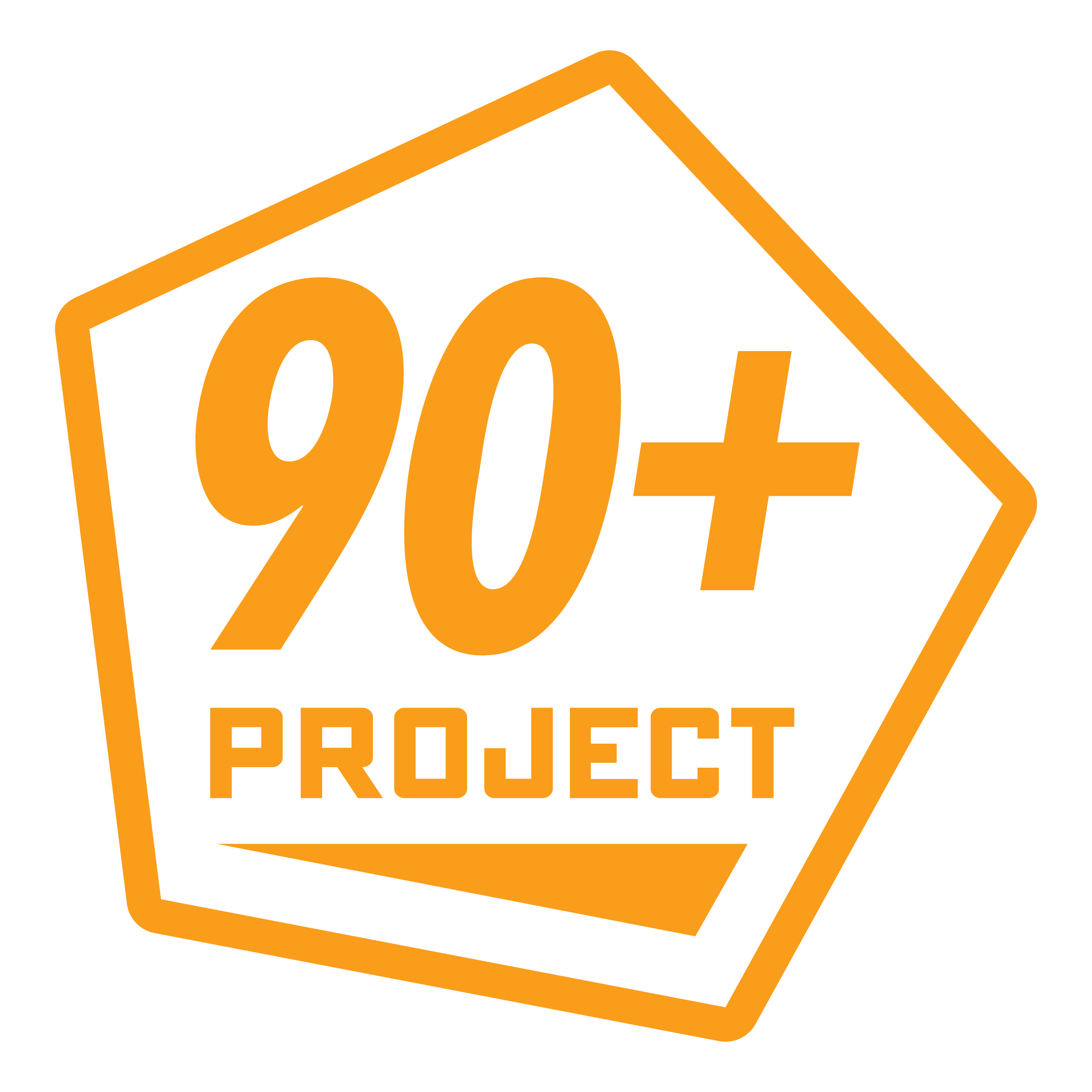F.A.Q
HOW DO I REGISTER MY CHILD FOR RECREATIONAL SOCCER?
You can simply click this registration link: here. You will be taken to a registration page on our team platform; Team Snap.
HOW EXPENSIVE IS RECREATIONAL SOCCER WITH 90+?
90+ ALWAYS has a sliding scale for all costs based on income. The 90+ Project commits time and effort to raise funds to make sure that cost is never a barrier to participation. At registration the cost of recreational soccer will vary based on age and income level. If you have questions, do not hesitate to reach out at: admin@90plusproject.org.
MY CHILD HAS LITTLE SOCCER EXPERIENCE. WILL THEY GET MUCH PLAYING TIME?
The 90+ Coaches divide playing time as equally as possible for all players, regardless of ability. You can expect your child to play at least 50% of the game time each week.
CAN I REQUEST TO HAVE MY CHILD PLAY WITH HIS/HER FRIEND?
The 90+ Project will seek to honor player requests wherever possible but cannot guarantee that all requests can be granted. Our goal is to create evenly balanced teams, otherwise we risk diluting the competitiveness and enjoyment for all involved. We hope to allow players to continue current relationships and develop new friendships but please understand that we cannot guarantee all requests. Requests should be made at registration / application.
WHEN DO I FIND OUT WHAT TEAM MY CHILD IS ON AND THE SCHEDULE FOR THE SEASON?
After registration your child will be placed on a team, assigned a coach and given a more detailed schedule for trainings. Players are not placed onto teams prior to a month before the season. Not all game schedules are determined by 90+. Once game schedules are assigned, coaches and parents are alerted.
WHAT ARE TRAININGS LIKE? HOW MANY TRAININGS ARE THERE PER WEEK AND WHERE?
90+ Project training sessions are unique. Each session is developed by our 90+ Staff and the training session is conducted by 90+ Staff and Directors in participation with our Recreational Coaches. Coaches implement, with oversight and encouragement, the training plan and every session begins or ends with character, leadership development, or mental wellness.
All recreational players will practice 1x per week with 90+ trainers and team coaches. Schedules of training are determined before the start of the season with sessions being held up North @ Union Stadium, down South @ Hart Field .
WHEN AND WHERE ARE GAMES PLAYED? HOW LONG IS THE SOCCER SEASON?
The 90+ Soccer Community plays a Fall schedule starting in September followed by a Spring schedule starting in April. All recreational teams play on Saturdays typically between the hours of 8am and 2pm. The game fields are located at Franklin Park and the Plantes Ferry Sports Complex. Fall season is typically 8 games with Spring season typically 6 games.
WHAT LEAGUE WILL WE PLAY IN?
90+ Recreational Teams will play in one of two leagues:
The 90+ Internal Rec League: played on Saturdays at Franklin Park between 9am and 12pm
The Spokane Rapids League: played on Saturdays at Plantes Ferry Sports Complex in Spokane Valley between 8am and 4pm.
In most cases, younger age groups play in the 90+ Internal Rec League, and our older age groups play in the Rapids League. However, there are times where a team that is located in the Valley will play in the Rapids League, regardless of age, due to location convenience.
League play is determined by age group, location and the discretion of The 90+ Staff and Coach. We aim to place each team in the league that is going to be the best fit for them. The league your team will play in is officially determined once registration is closed and final teams are formed.
WHAT EQUIPMENT IS NEEDED?
Shin guards and cleats are required for practice and games for players playing recreation soccer. A water bottle should be brought to games and practices. Soccer balls are provided by the 90+ Project. Full (Kits) Uniforms are provided to all recreational players, which includes a sponsored Umbro jersey, soccer shorts and socks.
WHAT IF I CANNOT AFFORD EQUIPMENT?
The 90+ Project does all it can to not have finances hinder participation. To assist with equipment the project started a program to provide free used soccer gear to players in need. To receive shinguards, cleats, or other gear check out Give and Go.
WHAT IS THE DIFFERENCE BETWEEN THE RECREATIONAL TEAMS AND PROGRAMS?
Recreational Teams: Emphasizes skill development, team play and sportsmanship through small-sided games in a positive and supportive environment. The recreational teams are coached by volunteer parents under the guidance and instruction of our licensed trainers. The emphasis is on character and leadership development with much fun and learning.
Programs: Taught by our 90+ Staff our programs provide a gateway for the dedicated recreational player to our more developmental teams. Advanced classes are also offered for the more skilled players.
WILL SOCCER CONFLICT WITH OTHER SPORTS?
The 90+ Project encourages all kids to play multiple sports. At times seasons overlap, which may cause time conflicts. Please inform your coach as early as possible of any/all conflicts. They will need to plan their training/games accordingly.
DOES EVERY CHILD INVOLVED WITH 90+ QUALIFY FOR "FREE AND REDUCED LUNCH" OR IS ECONOMICALLY CHALLENGED?
The focus of the 90+ Project is to provide mentoring along with character and leadership development to economically disadvantaged kids who do not have equal access to the game of soccer. While this is our focus not every child in the program fits this description. This is a philosophical decision based on several social factors the least of which is the importance of social integration of children that have access to resources with those who have limited access and the need to provide support networks for kids in our program.
